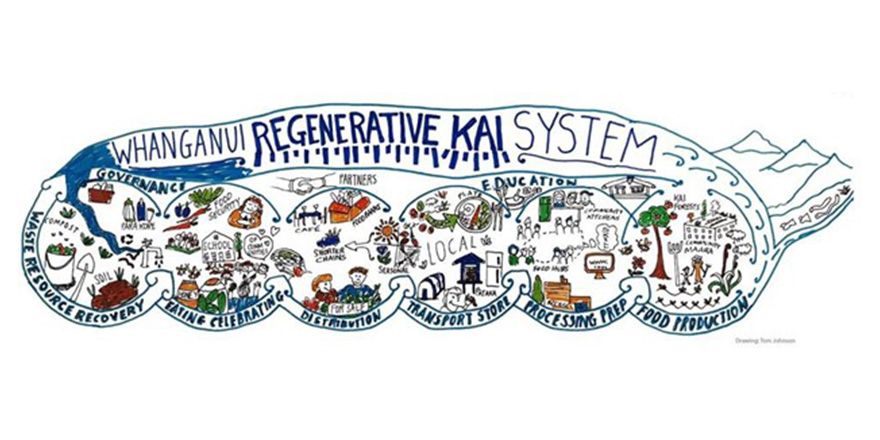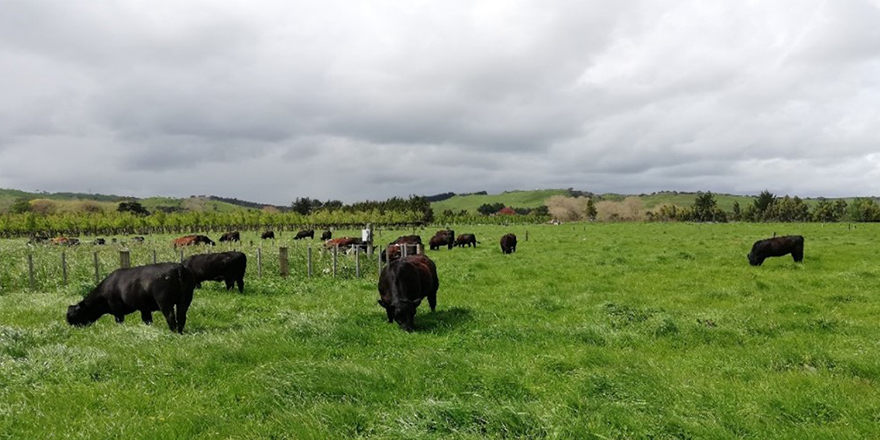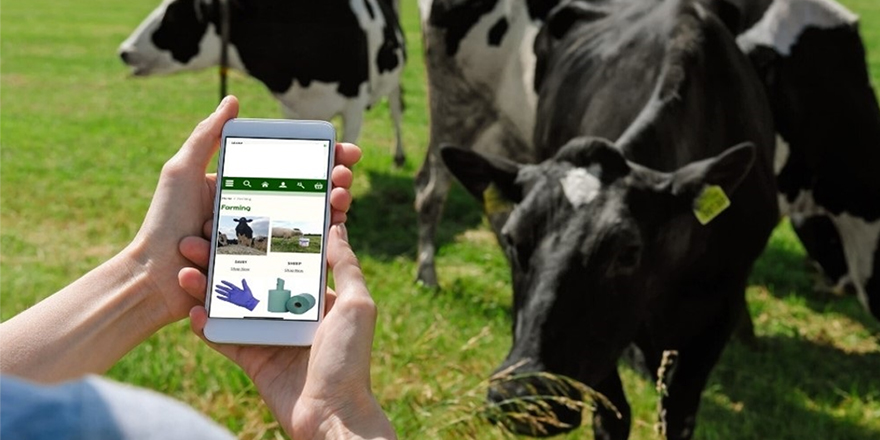
Executive Summary
Blockchain is a digital platform that stores and verifies transactions between users. It is different from other digital databases in the following ways; it allows peer-to-peer transactions rather than relying on an intermediary to facilitate the transaction; the information is distributed throughout the network rather than being held in one central database; data is encrypted so that it is unable to be changed in any way; and any changes to the network require consensus among all participants in the network.
The potential for blockchain is huge, with it now having hundreds of uses across the financial, manufacturing, health, and education sectors. It has created a secure, immutable way to store information on all kinds of assets. This report will focus on the use of blockchain within supply chains. Supply chains are a perfect use case for blockchain technology as they require multiple parties having access to the same information.
This report will cover the fundamentals of how blockchain technology works, it will investigate how blockchain could change supply chains, and it will identify and understand the global trends that are driving the need for this technology. New Zealand is in a great position as a producer of premium food and fibre to capitalise on blockchain technology. We aim to feed the top 40 million consumers, these consumers want more safety and security around their food, they want to know where it has come from, how it was produced; they care about a healthy environment and the sustainability of the planet. For New Zealand businesses, they are looking for ways to protect their reputation, fending off imitation products and maintaining a premium position for products. The transparency offered by blockchain provides this information to every entity in the supply chain.
Transparency is one of the key drivers of blockchain technology, but the other outcome for the New Zealand primary sector is greater supply chain efficiency. With more stream-lined supply chains, there will be a faster turnaround of goods and finance, fewer transaction costs, and ultimately more money back to the people who grow the product.
As an agricultural exporting nation, New Zealand has huge opportunity to lead the world in developing agricultural supply chains that connect, shorten, and sharpen global supply chains. Blockchain has the potential to reshape the way New Zealand agricultural companies market, sell and record the provenance of our products to the globe. If we are to lead the world, then we must invest in understanding this technology now.




